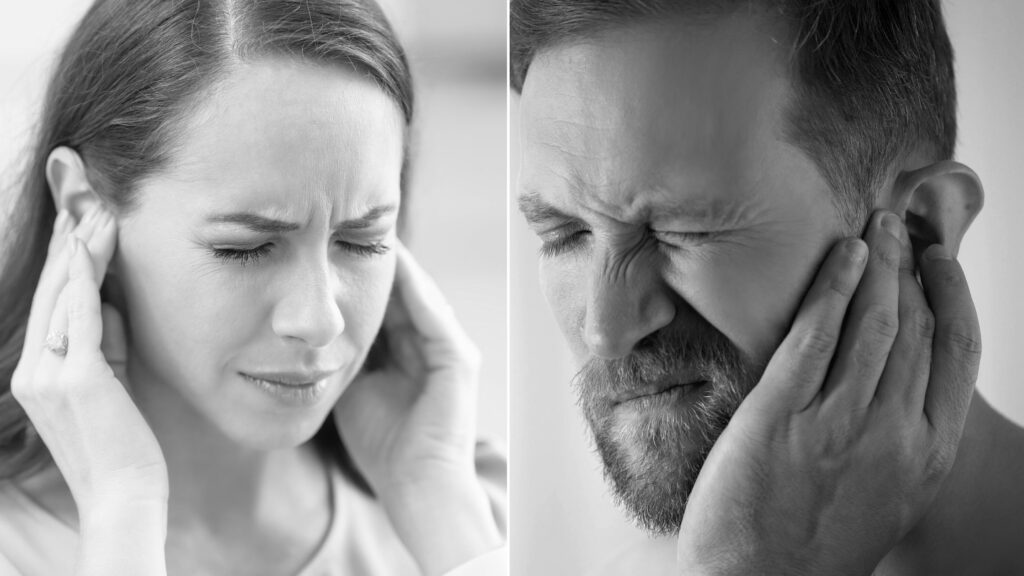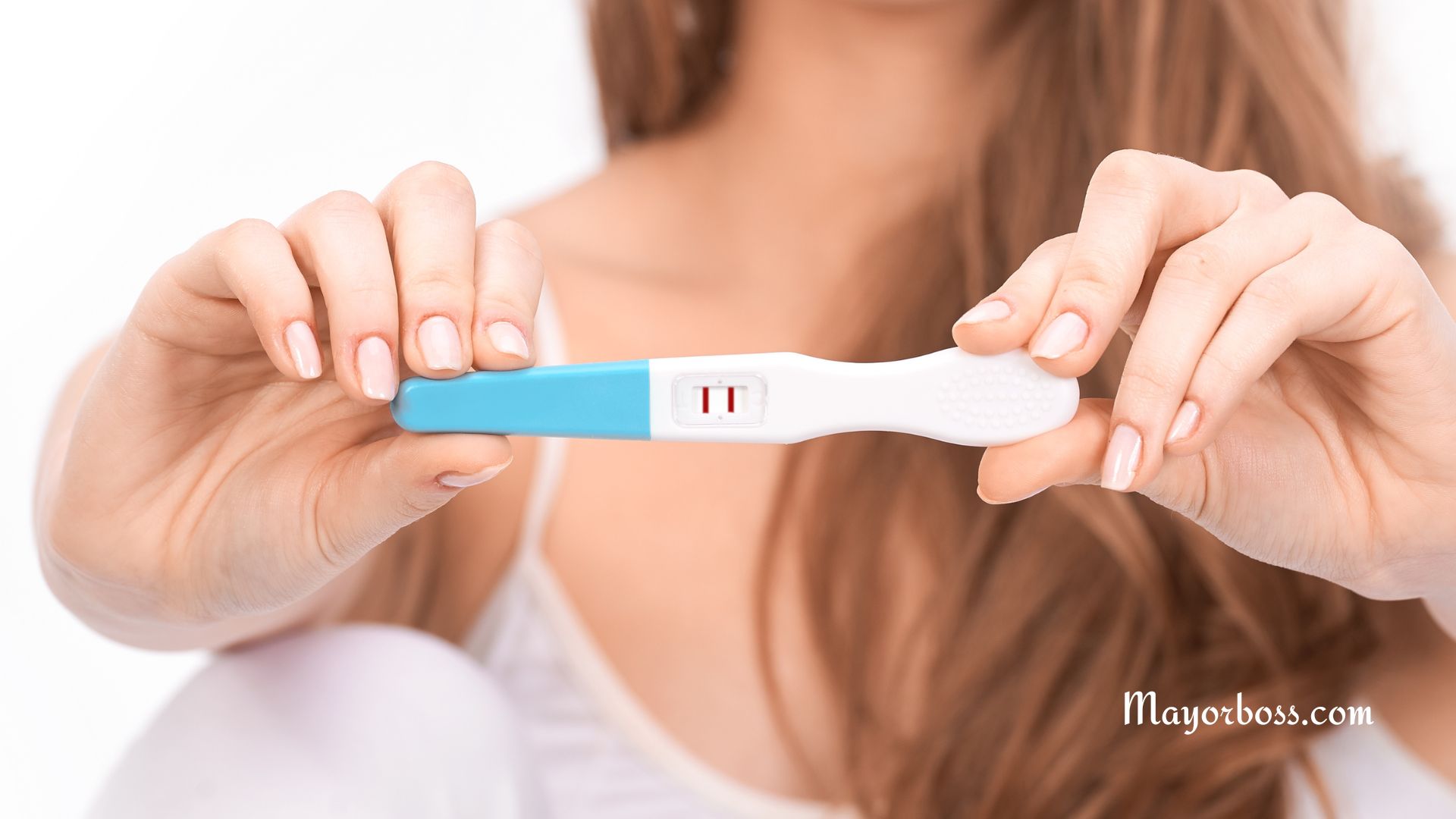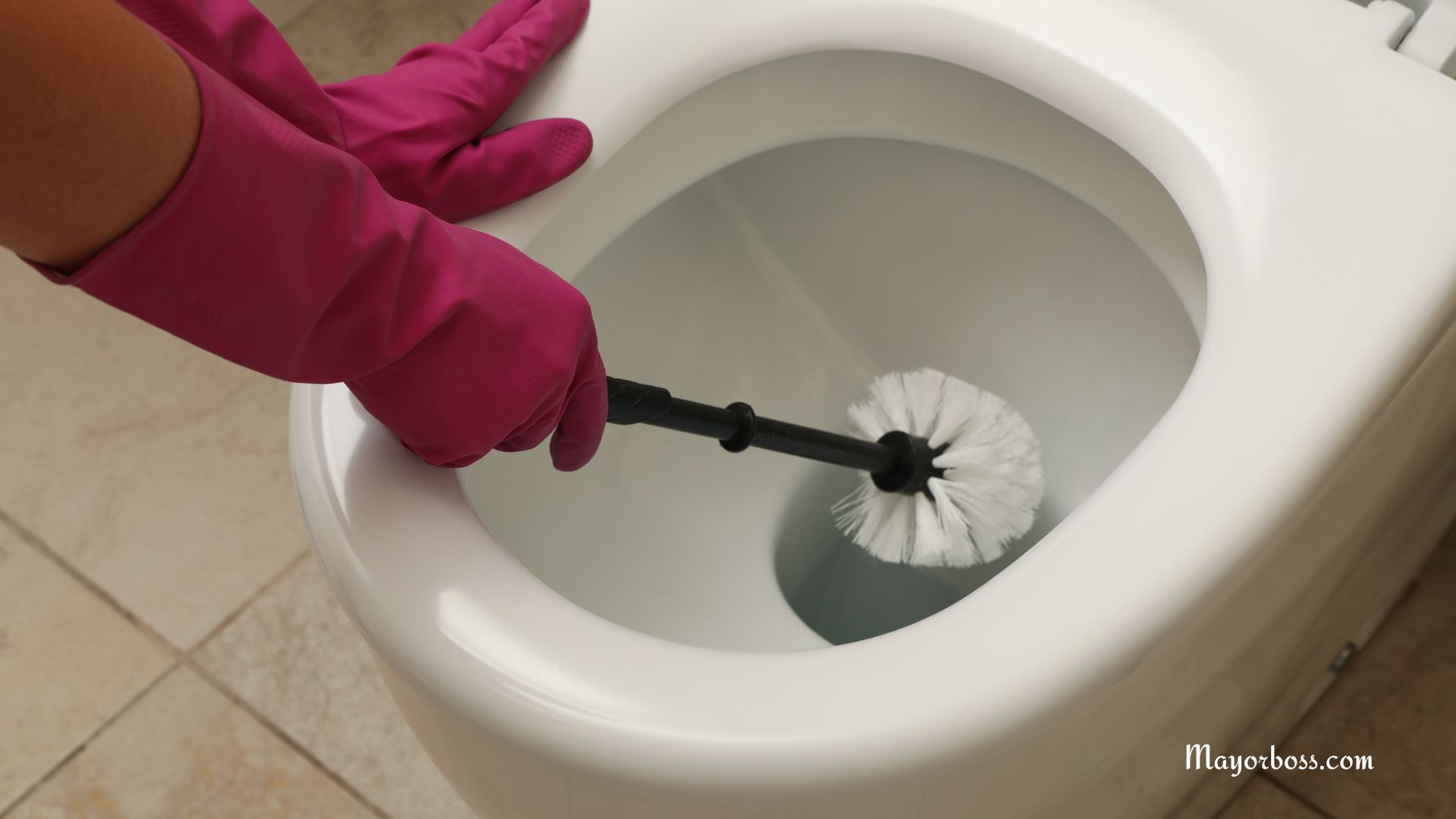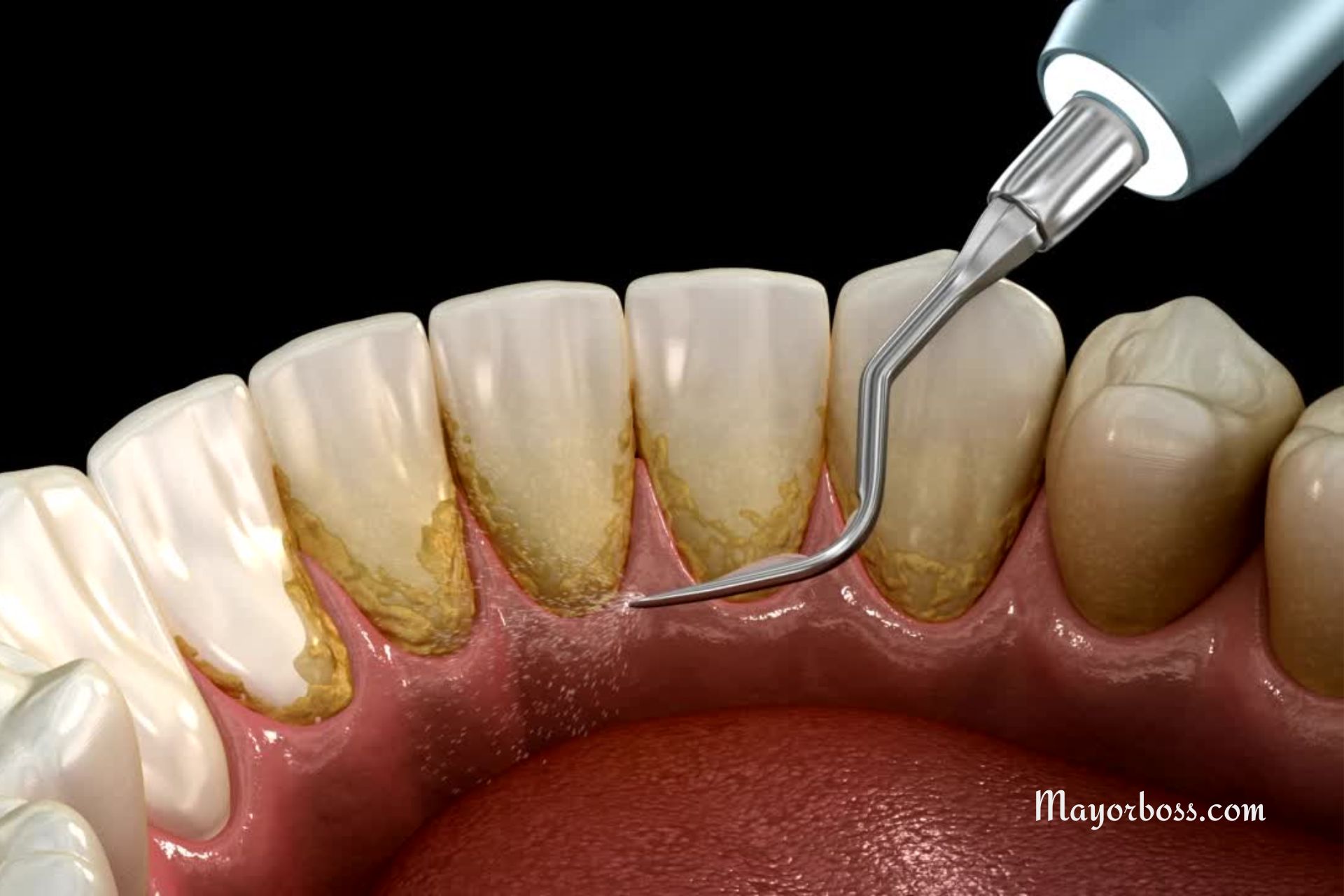Tinnitus (Ringing in the Ears) and What to Do About It
Tinnitus is that annoying ringing or buzzing sound you hear when there’s no external noise causing it. While it’s often harmless, it can be a symptom of an underlying health issue like hearing loss, ear injury, or even cardiovascular problems. In this article, we’ll explore what causes tinnitus, its common triggers, and effective ways to manage or treat it.

What is Tinnitus?
Tinnitus is a condition where you hear sounds like ringing, buzzing, hissing, or whistling in your ears, even when there’s no external source of these sounds. It’s not a disease itself but rather a symptom of other conditions. To give you an idea, it’s often linked to age-related hearing loss, exposure to loud noises, and earwax blockage.
Why Do You Get Tinnitus?
Inner Ear Damage
One common cause is damage to the tiny, hair-like sensory cells in your inner ear. When these cells are damaged, they can send random electrical signals to your brain, causing the perception of sound when there are none.
Age-Related Hearing Loss
As you get older, you might notice your hearing isn’t what it used to be. This natural decline in hearing ability can sometimes bring tinnitus along for the ride.
Loud Noise Exposure
Ever leave a concert and hear a ringing in your ears? Exposure to loud noises can trigger short-term tinnitus. Long-term exposure, however, can make the condition chronic.
Medications
Certain medications, especially in high doses, can also cause tinnitus. Examples of such medications include aspirin, certain antibiotics, and some cancer drugs.

How is Tinnitus Diagnosed?
You’ll likely start with a visit to an ear, nose, and throat (ENT) specialist. The doctor will probably check for potential causes of your symptoms and may even carry out tests like an audiogram (a hearing test) or imaging studies like an MRI.
According to medical guidelines, you might also be asked about your medical history, any medications you’re taking, and lifestyle factors like diet and stress levels.
What is the Treatment of Tinnitus?
Sound Therapy
Sound therapy uses external noises to alter the perception of or reaction to, the tinnitus sound. It can be as simple as a white noise machine or as advanced as specialized ear devices.
Cognitive Behavioral Therapy (CBT)
In people with tinnitus, CBT focuses on changing the way you think about the condition to reduce anxiety and improve your quality of life.
Medication
There’s no medication specifically designed to treat tinnitus, but some drugs can help ease the severity of symptoms or complications. Antidepressants and antianxiety medications are often used for this purpose.
Surgery
In rare cases, surgical intervention may be considered, especially if your tinnitus is caused by a treatable condition like a tumor or a specific vascular issue.
Tips to Manage Tinnitus at Home
Lower Your Stress Levels
High-stress levels can worsen your tinnitus symptoms. Mindfulness and relaxation techniques can help.
Avoid Certain Foods
Caffeine and salt have been reported to make tinnitus worse for some people. Try cutting back and see if it makes a difference for you.
Protect Your Ears
When you know you’ll be around loud noises, use ear protection. This simple step can help prevent tinnitus from becoming chronic.
When Should You Seek Medical Help?
If you’re experiencing tinnitus that won’t go away, worsens over time, or interferes with your daily life, it’s a good idea to consult a healthcare professional. Also, if your tinnitus is accompanied by dizziness or hearing loss, seek medical attention as soon as possible.
Frequently Asked Questions
What’s the Difference Between Objective and Subjective Tinnitus?
Objective tinnitus is rare and happens when both you and someone else (like a doctor) can hear the sound. It’s usually caused by a problem with the blood vessels, muscles, or bones in the ear. Subjective tinnitus, on the other hand, is much more common and is the type only you can hear. It’s often linked to hearing loss, ear injury, or a disorder affecting the auditory nerves or pathways.
Can Tinnitus Go Away on Its Own?
In some cases, yes. Temporary tinnitus often resolves without any treatment. For example, if your tinnitus is caused by exposure to loud noise, it usually goes away once you’re in a quieter environment. However, chronic tinnitus typically requires some form of management or treatment to alleviate symptoms.
Are There Foods That Make Tinnitus Worse?
Certain substances like caffeine, alcohol, and excessive salt have been reported to aggravate tinnitus symptoms for some people. Although there’s no one-size-fits-all answer, you might find it helpful to keep a food diary to identify any triggers.
Is Tinnitus Linked to Other Health Conditions?
Tinnitus can be associated with various health issues, including high blood pressure, cardiovascular disease, and thyroid problems. In people with Meniere’s disease, tinnitus is often accompanied by hearing loss and vertigo. It’s also not uncommon for tinnitus to be a side effect of certain medications.
Can Children Get Tinnitus?
Yes, children can also experience tinnitus, although it’s less common. If you suspect your child has tinnitus, it’s crucial to consult your doctor.
Further Reading: What Could Be Causing the Popping, Clicking, or Crackling in Your Ear?






